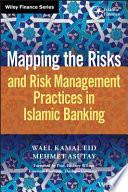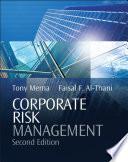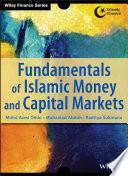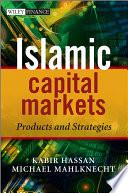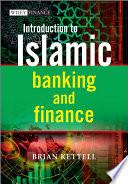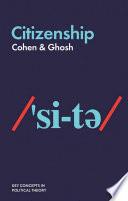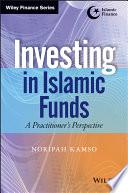
Risk Management for Islamic Banks
Recent Developments from Asia and the Middle East
Part One: Introduction. Principles of the Islamic Financial System -- The Islamic Bank and Risk Management -- Part Two: Risk Management Framework in Islamic Banking. History of Risk Management in Islamic Banking -- The Risk Management Process in Islamic Banking -- Financial Reporting and Analysis in Islamic Banking -- Part Three: Risk Management in Islamic Banking. Financing Risk in Islamic Banking -- Operational Risk in Islamic Banking -- Syari'ah Compliance Risk -- Strategic Risk -- Investment Risk in Islamic Banking -- Market Risk in Islamic Banking -- Liquidity Risk in Islamic Banking -- Part Four: Future Prospects and Challenges in Islamic Banking. Development of the Islamic Financial Market -- Development of a Pricing Model in Islamic Banking -- Pathways of Risk Management in Islamic Banks -- Future Agenda -- Part Five: Conclusion. Summary and Conclusion.
- Judul : Risk Management for Islamic Banks
- Sub Judul : Recent Developments from Asia and the Middle East
- Pengarang : Imam Wahyudi, Fenny Rosmanita, Muhammad Budi Prasetyo, Niken Iwani Surya Putri,
- Kategori : Banks and banking
- Penerbit : John Wiley & Sons
- Bahasa : en
- Tahun : 2015
- Google Book : http://books.google.co.id/books?id=DA6ACgAAQBAJ&dq=intitle:Analisis+Kelayakan+Pembiayaan+Bank++Syariah/Feasibility+Analysis+of+Shariah+Banking+Financing&hl=&source=gbs_api
-
Ketersediaan :
The efforts by four budding scholars to write on this topic are indeed laudable. This book discusses risk management for Islamic banks in a comprehensive manner and yet makes it easy for readers to understand.

